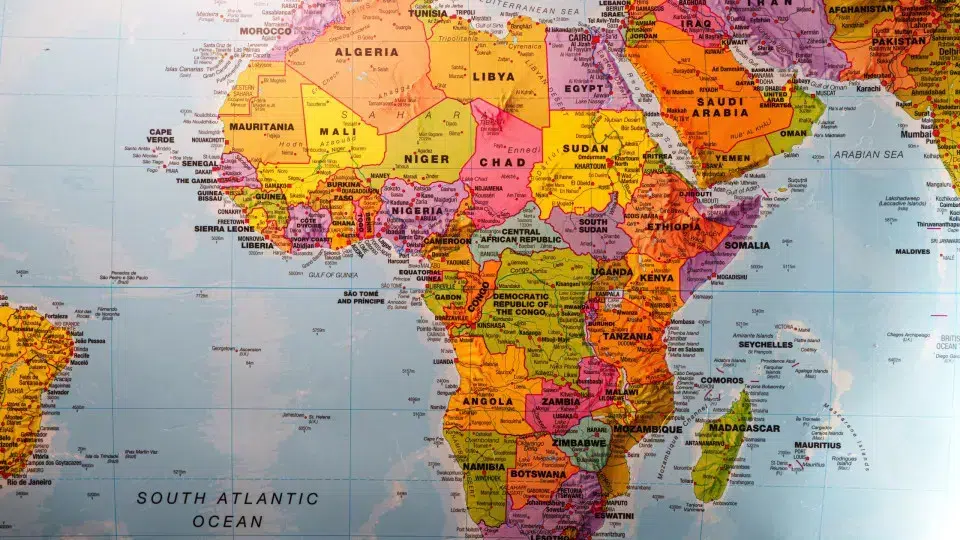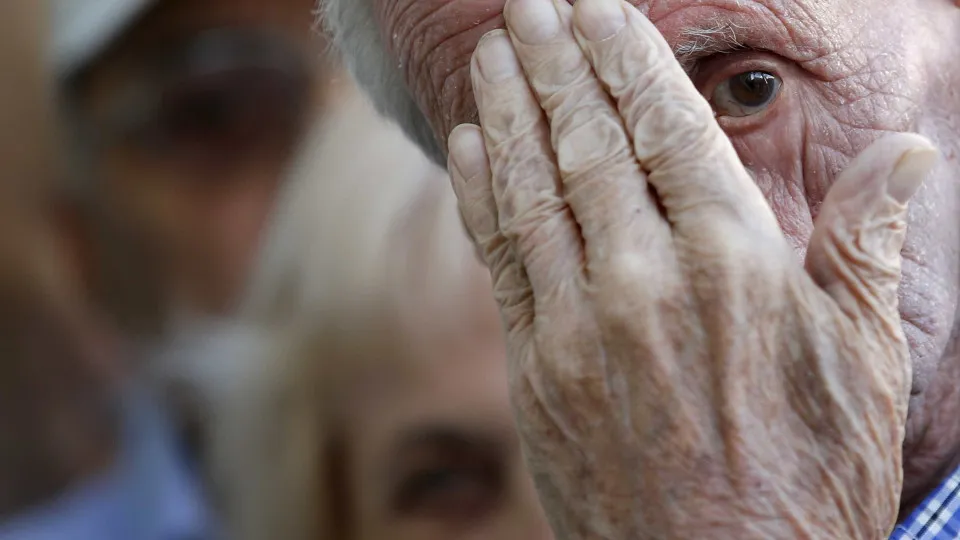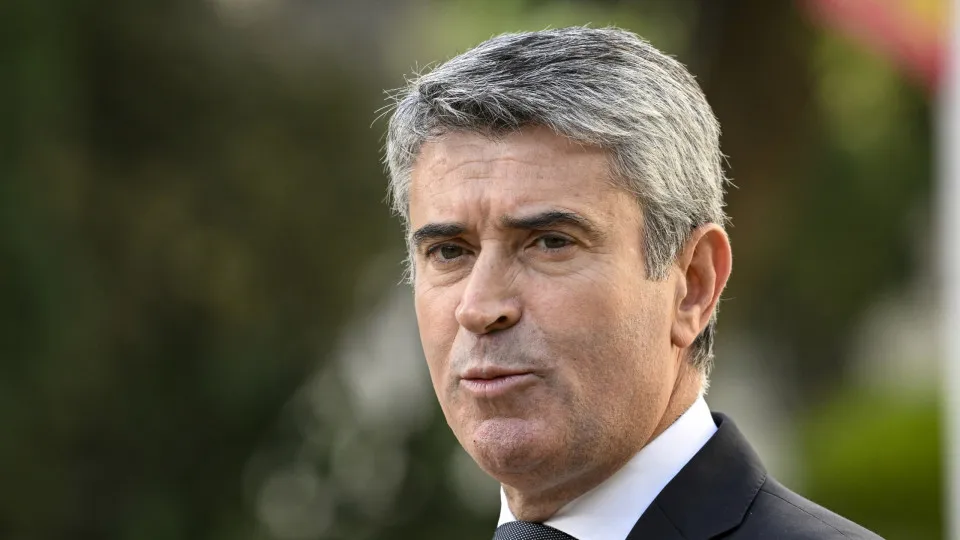
“The European vision must be as pragmatic as possible,” remarks Clara Carvalho, a professor at the Department of Political Science and Public Policy at ISCTE – University Institute of Lisbon. She believes that “there is a new international panorama that is not well-defined, with which the European Union [EU] is not comfortable.”
The international scenario “has changed significantly since the last summit [in 2022 in Brussels],” Carvalho notes, recalling that “Europe was witnessing the beginning of the war in Ukraine,” which persists, along with other conflicts. Furthermore, she explains how the United States and its President, Donald Trump, relates to multilateral organizations like the European Union (EU) and Africa, focusing on bilateral relations and selecting strategic partners, in what she describes as a “complete reformulation” of American diplomacy.
Carvalho highlights a challenge for the EU, which recently saw itself as Africa’s main partner, but is now faced with the rising influence of new international players like China, Turkey, and Latin America, due to South-South cooperation. She emphasizes that “there are basic interests of African countries to which the EU provides no response,” particularly the issue of financial architecture and debt relief, noting that “there has been no openness from the EU to negotiate at this level.”
She comments that “summits tend to be largely symbolic” and “major decisions are often not even addressed there.” However, Carvalho notes that a month ago at the last Global Gateway meeting in Brussels, “there were indeed much more pragmatic negotiations than usual,” predicting that this approach is necessary moving forward.
Carvalho stresses the importance of this approach, stating that “Europe needs Africa and this geostrategic alliance, for labor, structured migration, investment, and new markets, especially due to proximity.”
Despite recent encouragement, Carvalho warns that “the European side tends to forget something the African side doesn’t. Europe colonized almost all African countries. This past is not forgotten, and Europeans have taken an approach of being the donors, dictating the rules. This attitude must change.”
Researcher Carina Franco believes that “the issue of historical reparations” will be among the “main topics” due to the “history of colonialism in African societies.”
Franco, a professor at the Portuguese Institute of International Relations at the New University of Lisbon, notes that the discussion about historical reparations is “less about financial matters and more symbolic, about rewriting History and changing the narrative of what Africa is and its relations with the European continent.”
During discussions on Monday and Tuesday in Luanda, security will also be addressed, presenting challenges for the African Union in terms of financial sustainability and the durability of its interventions. Franco mentions that “the European Union has somewhat lost its way in the Sahel issue,” where extremism, coups, and the waning French influence are challenges, in a continent that intends to move away from neocolonialism and threats to sovereignty.
Finally, the Europe-Africa roundtable will also discuss multilateralism, as “increasingly” bilateral discussions take place, leaving forums like the EU-AU Summit “with a perhaps diminishing role in decision-making.”
Carvalho believes Europe needs more pragmatism and has noticed recent signs from European diplomacy that suggest the EU is taking a “transactional approach” to negotiate and cooperate with countries based on pragmatic agreements, focusing more on mutual interests than ideological principles.
Franco anticipates seeing “more cooperation in security at a bilateral level in a transactional manner, exchanging favors or values.” She highlights a “paradigm shift,” but notes a crucial topic for the EU-AU Summit: the European Union’s Global Gateway Strategy, aimed at financing sustainable investment projects, which she states is consolidating cooperation and public investment strategies in Africa’s private sector.
The EU is composed of 27 countries, including Portugal, while the AU comprises 55 nations, including Angola, Cape Verde, Guinea-Bissau, São Tomé and Príncipe, and Mozambique.




